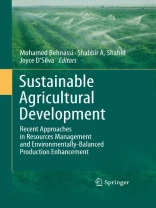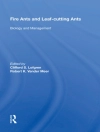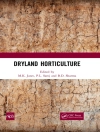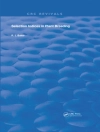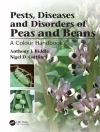Due to many challenges (i.e. climate change, energy, water and land shortage, high demands on food, land grabbing, etc.), agriculture production potential is expected to be seriously affected; thus, increasing food insecurity and hunger in many already affected regions (especially in Africa). In this context, sustainable agriculture is highly recommended as an eco-system approach where soil, water, plants, environment and living organisms live in harmony. Innovative technologies and research should be developed to ensure sustainable agriculture and productivity using modern irrigation systems, improved varieties, improved soil quality, etc. In the meantime, the preservation of natural environment should be based on resource conservation technologies and best management practices.
Sustainable Agricultural Development, not only raises the serious ethical and social issues underlying these huge environmental problems, but also aims at presenting successful experiences from all over the world in relation with sustainable farming, sustainable management of water and land resources, and innovative processes in livestock production. It also aims at providing inputs to decision making processes and encouraging the transfer of relevant know-how, technologies and expertise to different countries where similar agro-climatic conditions may exist; thus saving precious resources and promoting sustainable agricultural development as a relevant approach to tackle the food security challenge.
Finally, this book focuses on the paradigmatic and policy dimensions and call for an innovative approach by analyzing the key themes in a complex and interrelated manner.
قائمة المحتويات
List of acronyms and abbreviation.- List of figures.- List of table.- Preface.- Acknowledgments.- Part I Sustainable use of land resources as a potential for.- sustainable agricultural development.- Part II Sustainable management of water resources as a prerequisite.- for sustainable agriculture development.- Part III Recent innovative processes in agricultural production.- Part IV Recent innovative processes in livestock production.- Postface.- Notes on contributors.- Author index.- Subject index.
